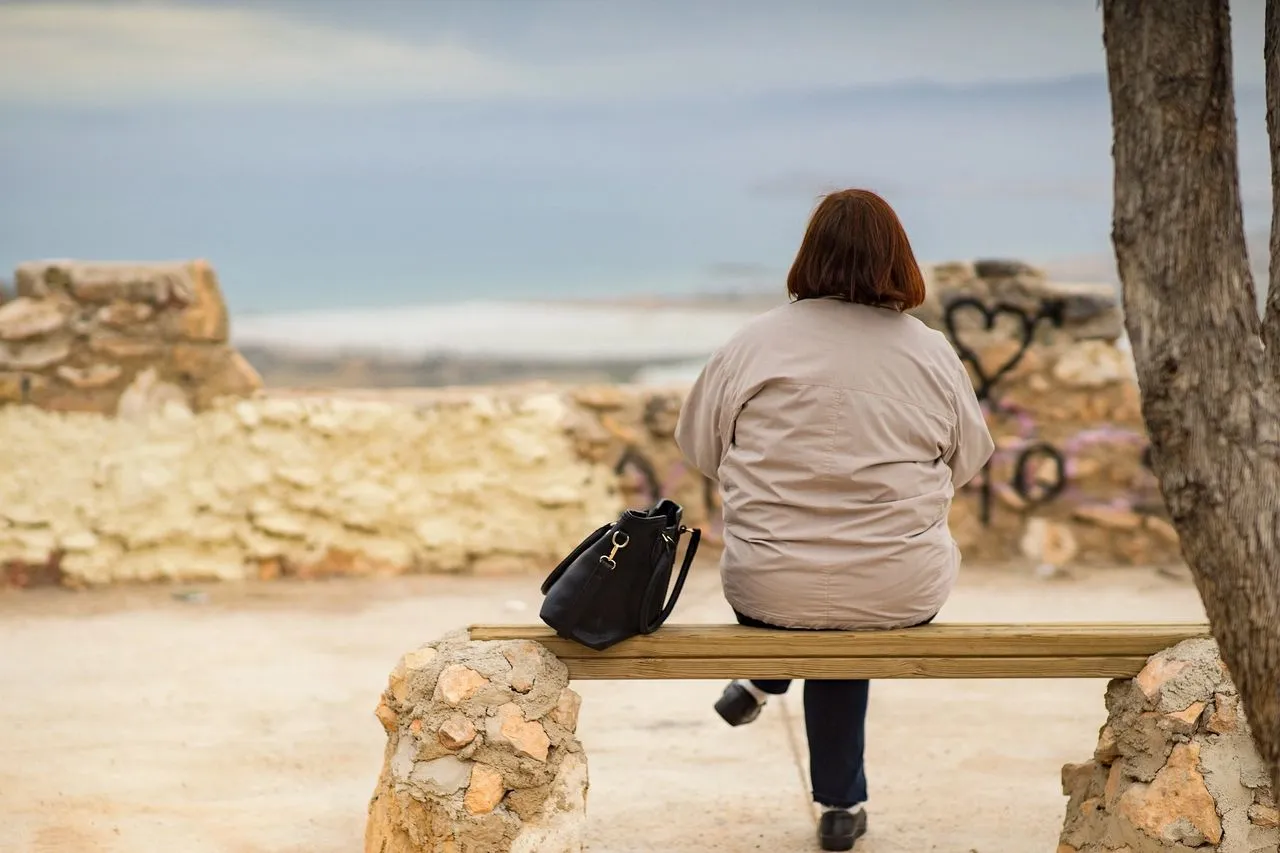
Loneliness in Early-Stage Dementia and MCI
By Victoria Hart
After a year of social isolation due to COVID-19 restrictions, it should come as no surprise to anyone that loneliness is burdensome and unpleasant. What is less known is that research shows that chronic loneliness elevates dementia risk and is a powerful predictor of cognitive decline in older people.
Loneliness is not the same as being alone. Some people enjoy solitary time and pursuits, or have less need for social interaction than others. We refer to loneliness as that sad and isolated state when one actively misses connection with other people. It’s something everyone feels from time to time. When it becomes a chronic state over time is when it becomes problematic.
Unwanted isolation and loneliness are common among people in the early stages of dementia. From a purely logistical standpoint, it’s not hard to see why. People in the early stages of dementia face many life changes that make their lives smaller and decrease their daily contact with others. Most have to give up driving and become dependent upon others for getting around. They no longer have those daily opportunities for casual chit-chat with others as they go about doing errands.
Most have had to stop working and have lost the built-in socialization that comes from being in the workplace (pre-COVID, of course). They may have had to give up leisure activities that require a level of short-term memory and cognitive skills that they no longer have, such as reading, playing games, sports, and even conversation.
Additionally, people’s awareness of their own diminished capabilities can cause them embarrassment or shame and can cause a person to withdraw socially. They may also sense that others are impatient or annoyed with them because of their cognitive and functional decline, and they may begin to isolate themselves as a result. It is easy to see how these changes can trigger a state of loneliness for someone dealing with dementia.
But, could loneliness be nothing more than a symptom of dementia? Not necessarily. Research indicates that loneliness may exacerbate cognitive decline. In a 2012 study in the Journal of Neurosurgical Psychiatry, researchers suggest that “loneliness may also lead to a lack of sensory and cognitive stimulation and thereby compromise neural systems underlying cognition, resulting in a decrease in neural reserve” (Holwerda 2012). In other words, a person in a state of loneliness is not positively engaged with people or activities, and not building the neurological connections that can slow the progression of dementia symptoms. The saying “use it or lose it” applies here.
Recent research shows that chronic loneliness actually predicts future cognitive decline. A study published in The Gerontological Society Journal in 2016 followed more than 14,000 people in China over a 9-year period and found that “severe loneliness at prior assessment points was significantly associated with poorer cognitive function at subsequent assessments, and vice versa” (Zhong et al 2016). Simply put, lonely people experienced a decrease in cognitive abilities over time. This finding was made after accounting for other variables that could affect cognition.
Further, according to Zhong et al’s 2016 study, “a lack of engagement in sensory and cognitively stimulating activities” renders lonely individuals “less able to compensate for age-related neuropathology (i.e., decreasing neural reserve),” thus contributing to cognitive decline. Zhong et al (2016) also noted that “at the biological level, loneliness may cause chronic inflammation [and] impair immune function.” The online journal Medpage Today (George 2021) similarly demonstrates how critical loneliness is for cognitive health, showing that chronic loneliness in middle age increases the risk of dementia later in life.
Addressing loneliness in people with dementia can contribute to better cognitive functioning for a longer period of time. Humans are social creatures, and common sense, research, and our recent lived experience during the pandemic show the importance of experiencing meaningful social engagement for people of all ages.
If you have a loved one in the early stages of memory loss who could benefit from regular cognitive and social engagement, please check out A Gathering of Minds at www.agatheringofminds.com.
